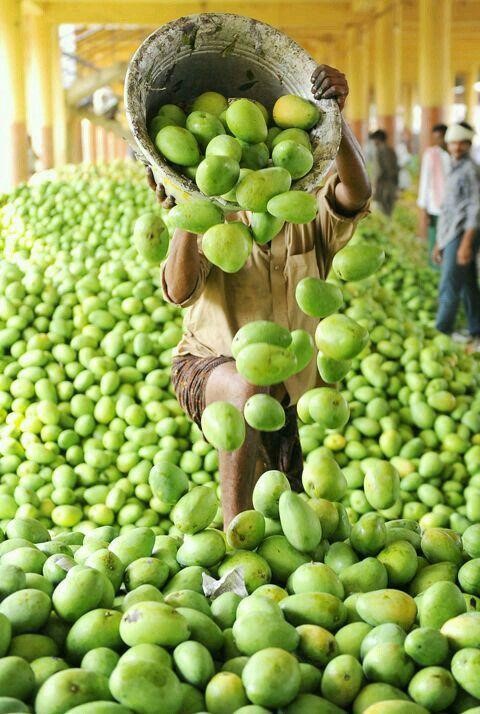
Description of the project: This project strengthens the resilience of 6,000 smallholder farmers and rural communities through the sustainable production and transformation of high quality, drought resistant green mango varieties into mango achaar. Hebron Mango Tree Owner Primary and Vhembe Agro-Processing Cooperatives are building the capacity of women smallholder farmers to create their own enterprise and diversify their income sources outside the mango season. These enterprises will be developed with participatory methodologies to ensure a gender-responsive implementation of viable, culturally appropriate and marketable diversified activities.
Climate impact: The project improves the climate resilience of grassroots communities as they breed drought adapted fruit trees and develop local sustainable product transformation based on an inclusive business model. Furthermore, the creation of diversified enterprises ensures the use of a wide variety of crops, thus contributing to preserving the local biodiversity. Farmers are trained to use rainwater-harvesting techniques and to manage accurate weather monitoring systems, to adapt to severe climate impacts.
Gender impact: In order to close the gender gap in the communities, women are empowered to possess undisputed knowledge in organic farming methods, irrigation technologies and mango processing. They also gain strong leadership and entrepreneurship skills via trainings on basic financial management, governance and marketing strategy. They benefit from the cooperative model that facilitates access to markets and the value chain. The project brings women to the forefront in the fight against climate change, poverty and inequality.
Scalability/replicability: Provincial and local authorities are actively involved and the private sector as off-takers of the mango products plays a key role in ensuring scalability of this initiative, which can contribute to South Africa’s National Adaptation Strategy and Green Economy Strategy, especially in terms of innovation and job creation. The objective is to extend to other regions of the country and further strengthen the domestic mango value chains with a social and gender-responsive philosophy.